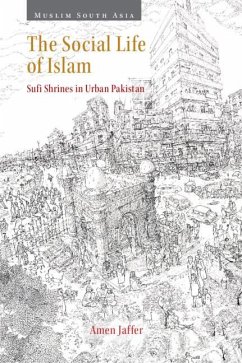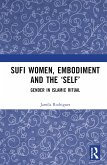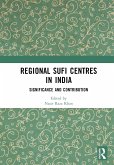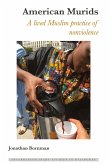How do Islamic discourses, practices and symbols become a concrete and meaningful facet of the lives of individuals and communities in the cities of contemporary Pakistan? How do they constitute relationships between neighbors, friends, relatives, strangers, and various urban groups? In other words, how is Islam woven into and how does it shape the social fabric of urban Pakistan? The Social Life of Islam addresses these questions through an ethnography of Sufi shrines in Pakistan's second largest metropolitan center, Lahore. It argues that Sufi shrines' position as a vital hub of metropolitan public life is critical to their capacity to serve as a conduit for Islam. Connecting urban studies with the study of religion, this book explores the minutiae of social interactions in everyday life that constitute Sufi shrines as a key social, political and religious space for the mediation, contestation and reproduction of social relations in the city and for producing a distinct embodiment of Islam.
Hinweis: Dieser Artikel kann nur an eine deutsche Lieferadresse ausgeliefert werden.
Hinweis: Dieser Artikel kann nur an eine deutsche Lieferadresse ausgeliefert werden.








